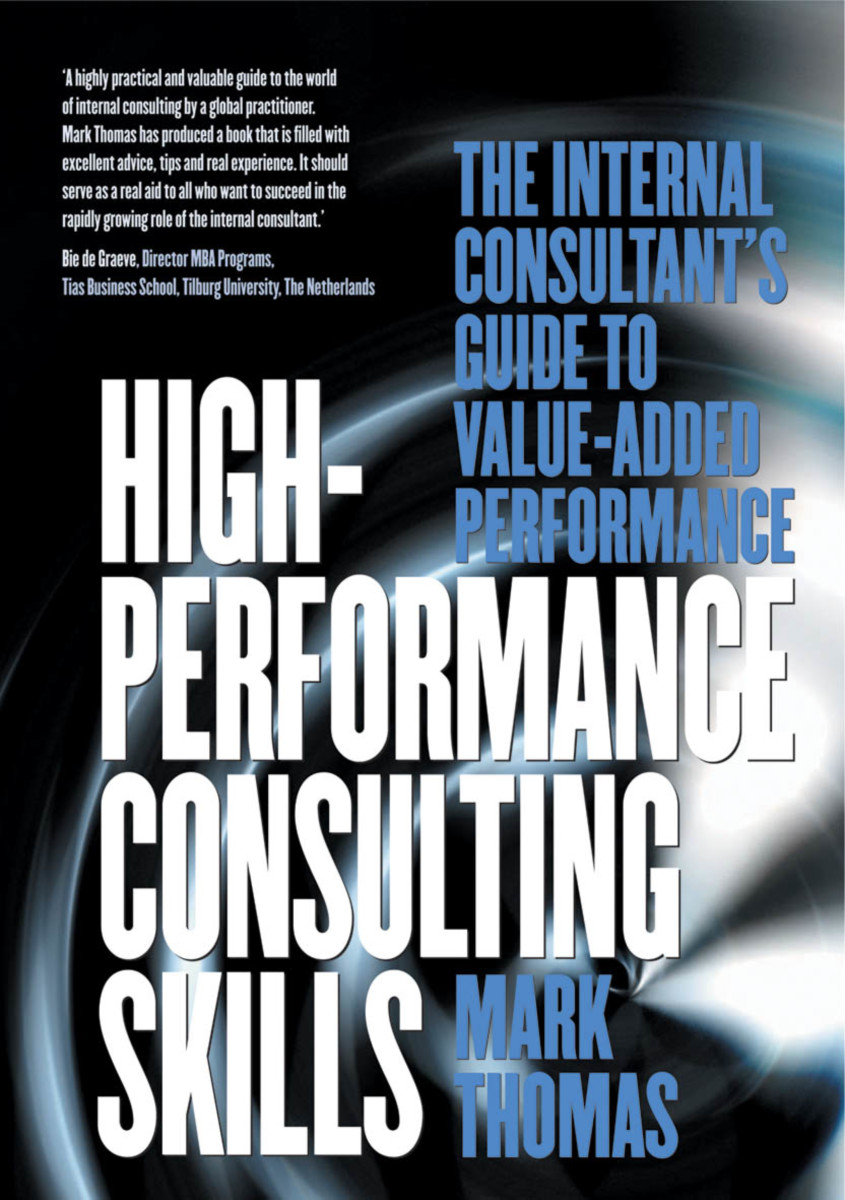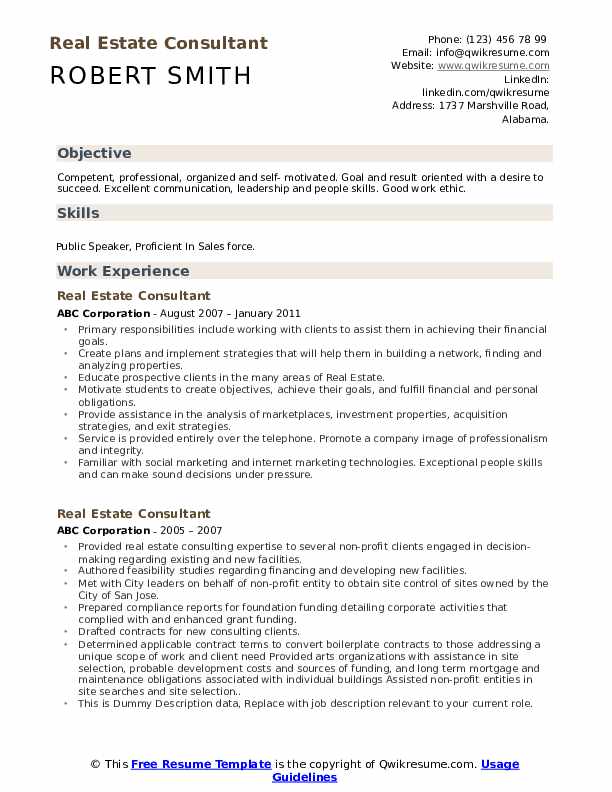
It should not be hard to choose the right accounting software for your small company. However, it is more than just numbers. There are other important factors to consider, such as security, user rights, reporting and analytics, as well. This article will provide a guideline on the most important aspects to consider when choosing an accounting system that suits your needs. This article will help you to understand what to look out for in an accounting program. These are some important points to consider when choosing accounting software for small businesses.
Data security
Data breaches can be devastating for the accounting industry. Data breaches are becoming more common. The EU's General Data Protection Regulation (EU) has made this a priority for business owners. You must implement cybersecurity measures in your accounting program to avoid such problems. These controls can protect sensitive client and corporate information. Here are three steps that you should take to ensure your privacy. Continue reading to learn more.

User roles
CosmoLex lets users choose one of several roles depending on their firm's needs. For instance, Billing Only users can enter time cards and create invoices, but they can only view time cards when they have permissions to do so from the Matter Owner. Timekeepers have the ability to view and record time cards. However, they can't view any other data. This role can have multiple permissions, which are known as Application Roles.
Reporting
Accounting software programs generally allow you to create custom reports. However, more advanced systems may offer account analytics. Account analytics involves the analysis of Big data, typically to answer an accounting query. In other words, tabular reporting presents descriptive statistics in a table format. This reporting method allows users to create analysis reports by grouping data in different classes and categories. This data is useful for statistical calculations and accounting analysis. This functionality is critical for all businesses.
Analytics
Analytics and big data provide actionable insights for companies and deep insight into cash flow. Banks can optimize their liquidity management by analysing transaction history and other public information. These technologies also help banks reduce their credit risk and manage the collateral for their credits. Early detection of potential risks allows banks to mitigate them before they become too costly. Analytics in accounting software is also growing thanks to cloud computing and real-time reporting. The following are three benefits of analytics in accounting software.

Prices
The number of users accounting software can support directly affects its price. These users are often called concurrent users by software vendors. A concurrent user is any number of users who can log into the system. For example, five employees in a construction company will not require the same support as those with many more users. However, a large construction firm may require extensive support from a software vendor. Therefore, accounting software prices will be determined by the number of users.
FAQ
How does consulting differ to freelancing
Freelancers can be self-employed people who provide their services to clients, without the involvement of employees. They generally charge an hourly rate depending on how long they spend on a client project. Consultants are usually employed by companies or agencies. Their salaries are often paid monthly, or annually.
Consultants often have more flexibility, while freelancers can choose to work when they want and set their own rates. Consultants, however, often have better benefits such as retirement plans, vacation days, and health insurance.
Can anyone be a Consultant?
Consultants are people who help you reach your goals by giving advice about how to make it better, faster, or cheaper.
Consulting can be a great way to solve problems, make informed decisions, and work with others.
Consultants are often hired for specific projects or tasks.
In fact, most consultants are paid hourly or daily rates rather than per project.
What skills is required to consult?
As a consultant, you should have both strong interpersonal skills and analytical skills. This is vital because you may not understand the scope of your work. You need to be able to manage people quickly and solve problems efficiently.
Excellent communication skills are also essential. Most clients expect an answer within 24hrs. If they don’t hear from you within 24 hours, they assume you don’t care. It is important to keep them updated and make sure they fully understand the situation.
Do I need legal counsel?
Yes! Yes. Consultants can often create contracts with clients, without seeking legal advice. However, this can lead to problems down the road. For example, what happens to the contract if the client terminates it before the consultant has completed? Or, what happens if the consultant doesn't meet the deadlines set forth in the contract?
It's best to consult with a lawyer to avoid potential problems.
Which industries use consultants
There are many types of consultants. Some are specialists in one type or another of business.
Some consultants work only for private companies, while others represent large corporations.
Some consultants also work internationally and can help companies around the globe.
Statistics
- On average, your program increases the sales team's performance by 33%. (consultingsuccess.com)
- So, if you help your clients increase their sales by 33%, then use a word like “revolution” instead of “increase.” (consultingsuccess.com)
- My 10 years of experience and 6-step program have helped over 20 clients boost their sales by an average of 33% in 6 months. (consultingsuccess.com)
- 67% of consultants start their consulting businesses after quitting their jobs, while 33% start while they're still at their jobs. (consultingsuccess.com)
- Over 50% of consultants get their first consulting client through a referral from their network. (consultingsuccess.com)
External Links
How To
How do I find a good Consultant?
Knowing what you need from your consultant is the first step to finding a qualified consultant. Do you want them help improve your website's efficiency? Are you looking for them to help optimize your website to rank higher on search engines? You might also want someone to help you determine if your hosting provider is in trouble. After you have decided what services you need, it is time to start looking at potential companies. Many consultants claim to be able to provide these services. However, only a handful of them actually deliver on their promises. How can you pick the right one? Here are some things to consider when picking a consultant:
-
Get referrals. Referring to other consultants is the best way of choosing a consultant. Hire someone you don't know because they're likely to charge too much. You don't want to work alongside someone whose reputation hasn't been established. You're fortunate enough to receive referrals from people you trust. You can check online reviews even if they don't refer you. Check for testimonials or case studies that show how clients have used your services.
-
Ask around. Many people aren't aware that they could benefit from hiring a consultant. They assume that their current situation is fine and they don’t need changes. However, this is usually untrue. Even if you're getting great results right now, chances are that you haven't been keeping up with new trends or technologies. You'll lose out on the opportunities to grow your company if you rely on old methods. It's always worth asking around to see if anyone knows of a good consultant.
-
You should verify their qualifications. You need to verify their qualifications when you are searching for a consultant. It doesn't matter if they are qualified for the task or not; make sure they are knowledgeable in the field.
-
Find out what type of projects they are skilled in. Although it might seem like everyone can do everything, this is not true. You may need to have specific training or education in certain areas. If you are looking for someone to create a WordPress theme, then you will not want to hire someone who isn't a specialist in Drupal. Graphic design and programming languages are all subject to the same rules. It is important to inquire about the types of projects that they work on.
-
Know what they charge. You don't want a consultant who charges too much. You also don’t want to spend too little. There are many types of consultants. Some bill hourly, while others are charged per project. It's cheaper to know upfront what you are paying than later.
-
What do they offer? Are they providing free consultations? Are they willing to give advice about how to set up your own system or provide other assistance? Are they able to guarantee that your site will rank better after working with you? You have the right to cancel at any time if you aren't satisfied with what was said during your consultation.
-
Finally, find out if they offer discounts for multiple months or years. Many consultants offer discounted pricing over extended periods. While you don't necessarily need to commit for a whole year, you can still take advantage of any deals that they offer.